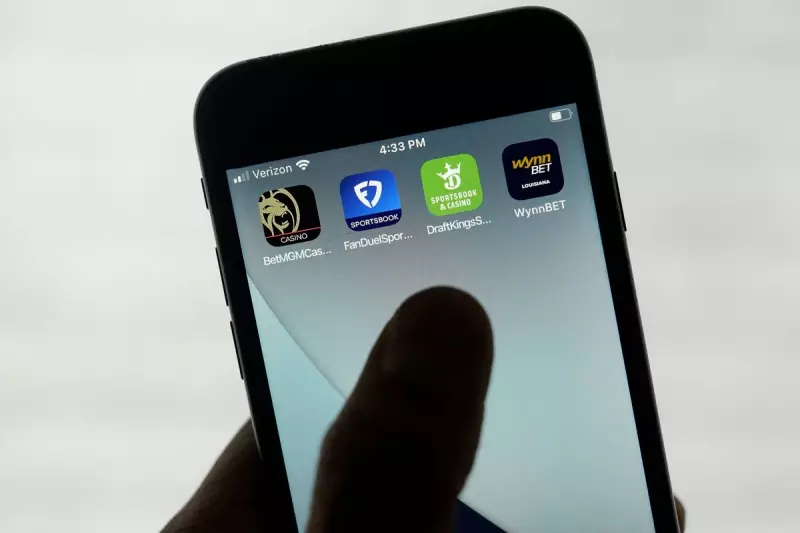
The Rise of Online Gambling and Its Hidden Dangers
The digital betting landscape has transformed dramatically, with 14% of U.S. adults now reporting they wager on professional or college sports online either frequently or occasionally. This striking figure comes from a February poll conducted by The Associated Press-NORC Center for Public Affairs Research, highlighting how deeply online gambling has embedded itself in modern culture.
Since the Supreme Court overturned a federal ban on sports betting in 2018, the floodgates have opened. 38 states and Washington, D.C. have now legalised gambling, according to the American Gaming Association. This rapid expansion has been accompanied by a growing list of sports betting scandals dominating headlines, raising urgent questions about public health and financial safety.
Recognising the Warning Signs of Problem Gambling
Public health advocates identify several red flags indicating gambling habits may be turning problematic. The most significant warning sign is when betting begins consuming time that should be devoted to relationships, work, or other important life areas, explains Heather Eshleman, Director of Operations at the Maryland Center for Excellence on Problem Gambling.
Financial warning signs are equally crucial. "We encourage people to only use money they would use for fun and entertainment, not money that should be used to pay the mortgage or the rent or to pay for food," Eshleman advises. Caleb Silver, Editor in Chief of Investopedia, echoes this sentiment, emphasising that gamblers must establish firm "tap out points" before placing any bets.
Practical Tools for Responsible Gambling
Most legitimate sports betting platforms now incorporate responsible gambling tools allowing users to set boundaries on time, money, deposits, and losses. The critical step is implementing these safeguards before beginning to gamble, as the excitement of betting can override good judgment once engaged.
Eshleman recommends external blocking applications like GambBan and BetBlocker for additional protection. For those concerned about their gambling habits, resources like the 1-800-GAMBLER hotline and Gamblers Anonymous provide crucial support.
The emergence of prediction markets such as PredictIt and Kalshi has created new avenues for wagering on everything from election outcomes to weather patterns. Silver notes an increasingly blurred line between sports betting, day trading, and cryptocurrency trading, prompting Investopedia to add definitions for gambling terminology to educate users.
Major operators acknowledge their role in promoting safety. Cory Fox, FanDuel's Senior Vice President of Public Policy, compares using responsible gambling tools to wearing a seatbelt, while DraftKings' Chief Responsible Gaming Officer Lori Kalani analogises them to taking an Uber instead of driving after drinking.
Ultimately, experts stress that gambling should never become a coping mechanism for stress. Eshleman encourages finding healthier alternatives like exercise, socialising, or listening to music. "If you're doing it alone, that's a red flag," she cautions, emphasising that social gambling carries less risk than private, hidden betting.





